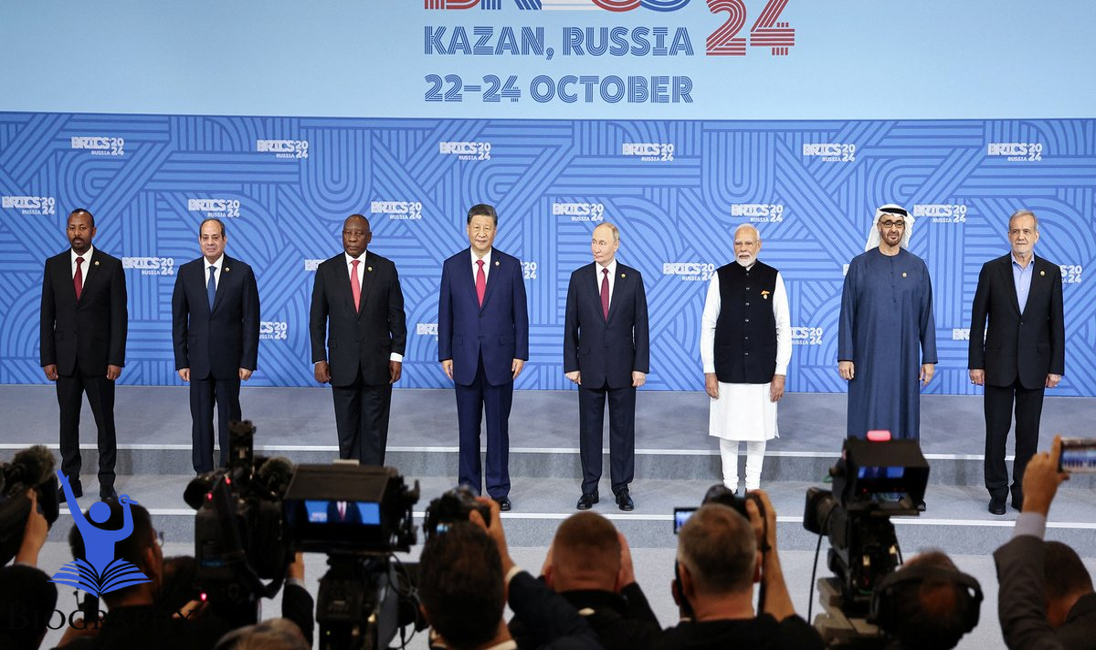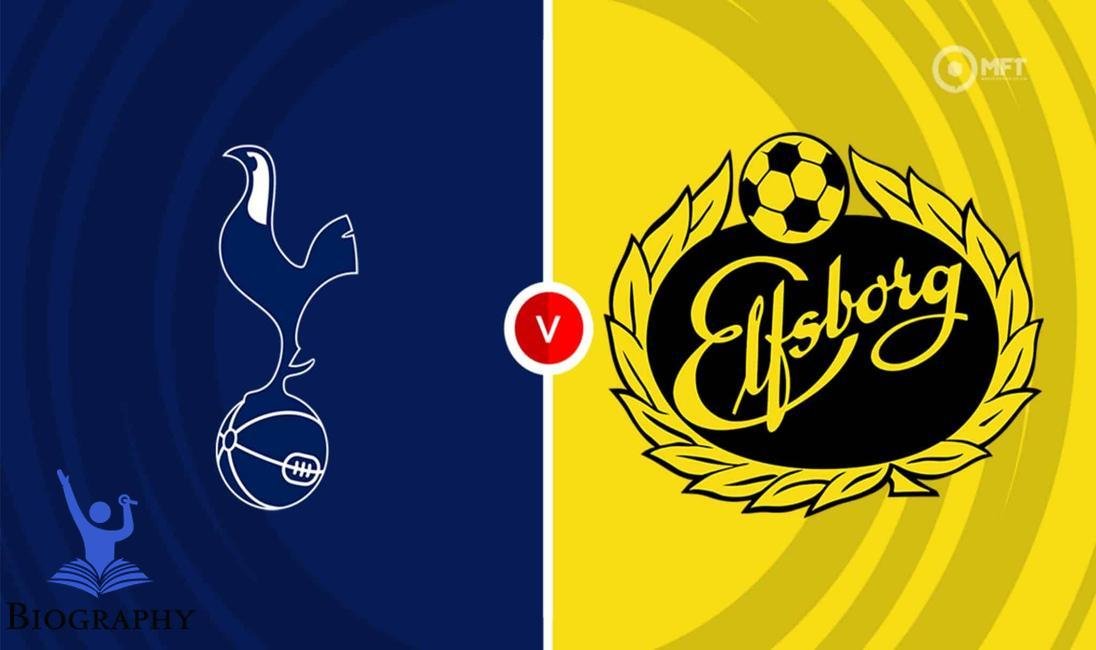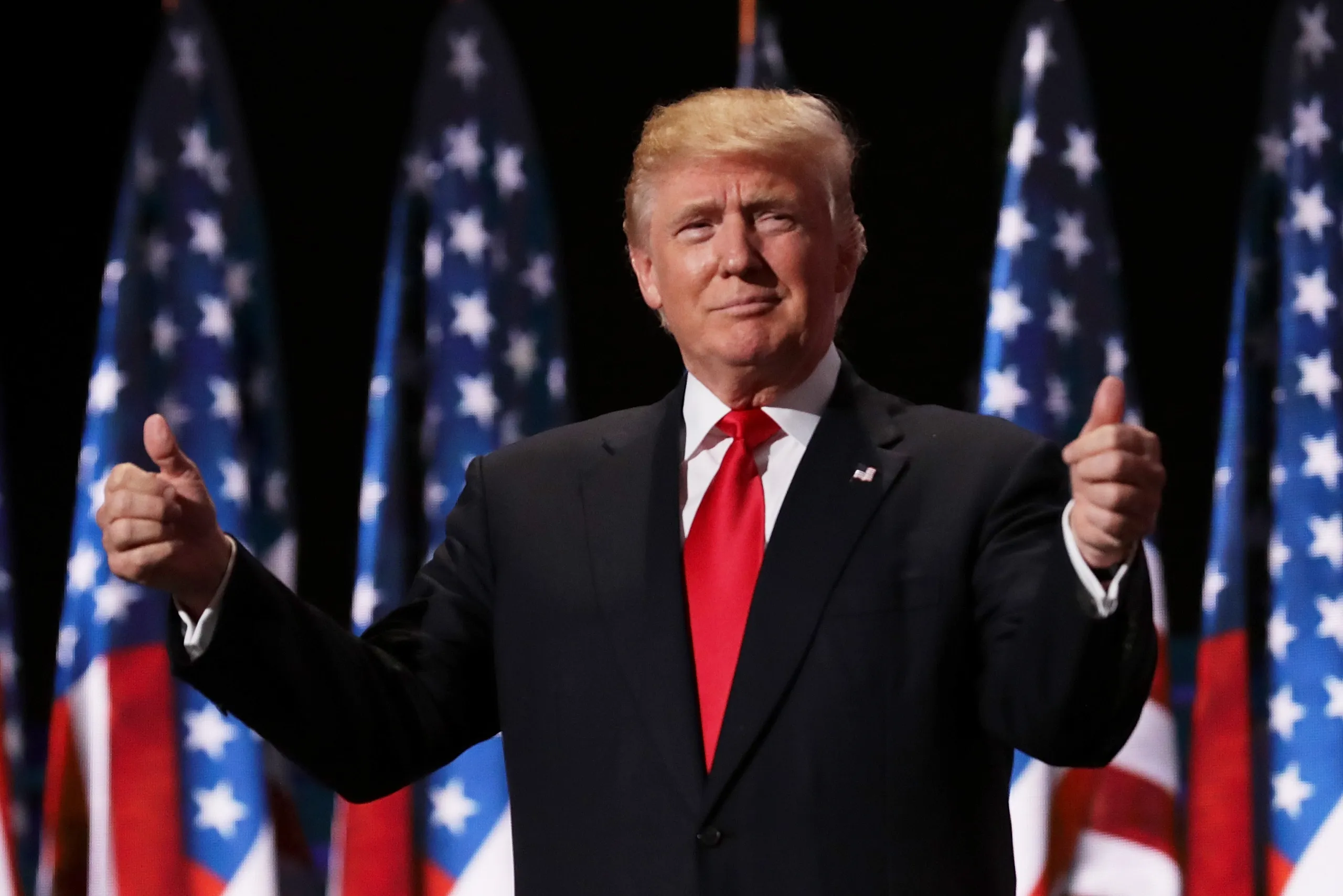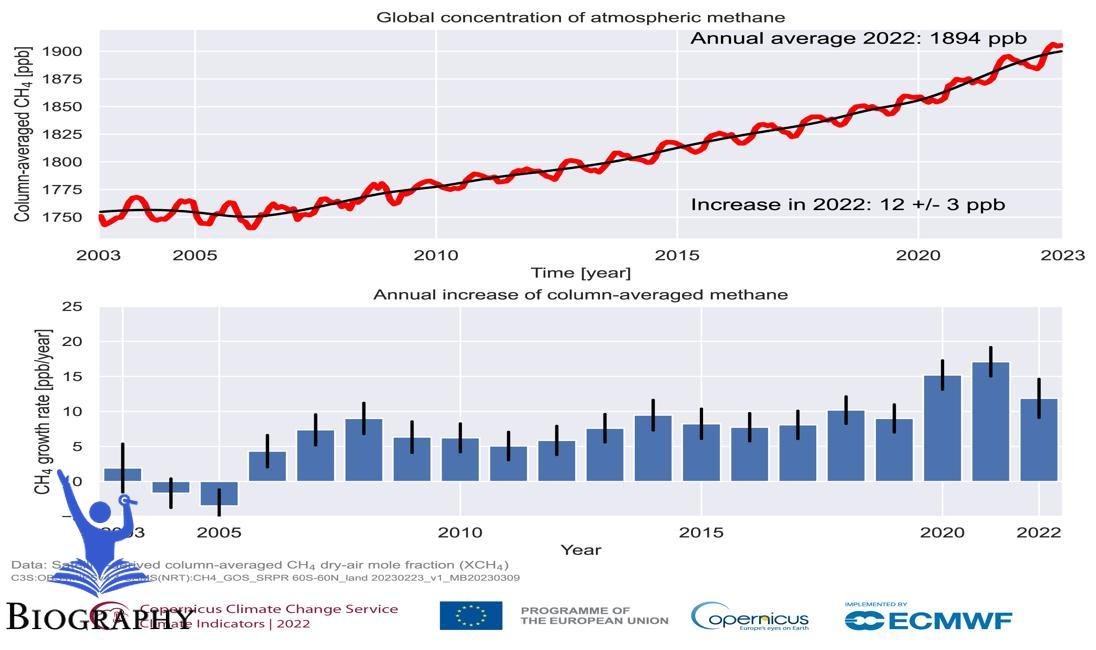Now Reading: Exploring the Rise of BRICS Nations: A New Global Economic Alliance
-
01
Exploring the Rise of BRICS Nations: A New Global Economic Alliance

Exploring the Rise of BRICS Nations: A New Global Economic Alliance
The Rising Influence of BRICS Nations in Global Politics
BRICS nations are reshaping global trade dynamics and political alliances.
In recent years, the BRICS countries—Brazil, Russia, India, China, and South Africa—have emerged as key players in global political and economic restructuring as these countries extend their cooperation and influence, and raised questions about the possible inclusion of other countries, especially Spain. Recently, discussions about Spain’s role in the BRICS have gained momentum, reflecting the growing interest in this group of emerging countries. This article will examine current developments, examine what the BRICS countries are doing and what Spain’s involvement could mean for the international scene.
What are BRICS Nations?
The BRICS was first convened in 2009 in response to changes in the global economy. Originally composed of Brazil, Russia, India, China, and later South Africa in 2010, they represent about 40% of the world’s population and nearly a quarter of the world’s GDP BRICS aims to promote economic integration , increased trade and investment with member countries
Recent Developments
On January 15, 2025, BRICS leaders met in Johannesburg to discuss future projects. The conference highlighted key issues such as cooperation in the industrial sector, climate change management and sustainable development. Chinese President Xi Jinping has stressed the need for joint efforts to combat the global financial crisis, saying that “BRICS countries can work together to pave the way for a more balanced and equitable global economy.”
At the same time, there has been a revival of interest in negotiations on possible BRICS enlargement, particularly with regard to Spain’s potential membership. Spain’s economy is the fourth largest in the eurozone, making it an attractive candidate for a BRICS alliance aimed at expanding its influence in Europe
Why Spain?
Spain’s potential BRICS membership could dramatically change the political and economic landscape. Observers point out that Spain could be an important link between Europe and emerging markets. The country has shown a keen interest in strengthening ties with non-Western countries, reflecting a shift in foreign policy. Experts say partnering with the BRICS countries could give Spain unprecedented access to emerging markets, leading to economic growth and diversification
Expert Opinions
Economist and geopolitical analyst Elena Martínez said, “Spain’s participation in the BRICS may mark a defining moment in European and global politics. It will reflect a growing satisfaction with existing policies a.” Western control This sentiment reflects the growing tendency among BRICS countries to forge alliances across all traditions across geopolitical boundaries.” . . . .
Public Reaction
Social media platforms are buzzing with discussions about Spain’s prospective induction into the BRICS bloc. Hashtags like #SpainInBRICS and #BRICSExpansion are trending as citizens engage in debates about the implications for national sovereignty and economic prospects. Opinions remain divided, with a significant portion of users expressing enthusiasm for broader alliances, while others raise concerns about potential conflicts with existing EU policies.
The survey shows that many Spaniards view the move as positive, hoping it will strengthen investment opportunities and bolster Spain’s global position. One Twitter user commented, “BRICS could be a game changer for our economy, enabling us to enter new markets!”
Official Response
The Spanish government has yet to make any announcements about possible BRICS membership. But Foreign Minister Jose Manuel Albares indicated yesterday that he wants to enhance relations with the BRICS, saying, “We are committed to finding new strategies and partnerships that will strengthen Spain’s position in the global economy.” ” It’s a serious redefinition.







































